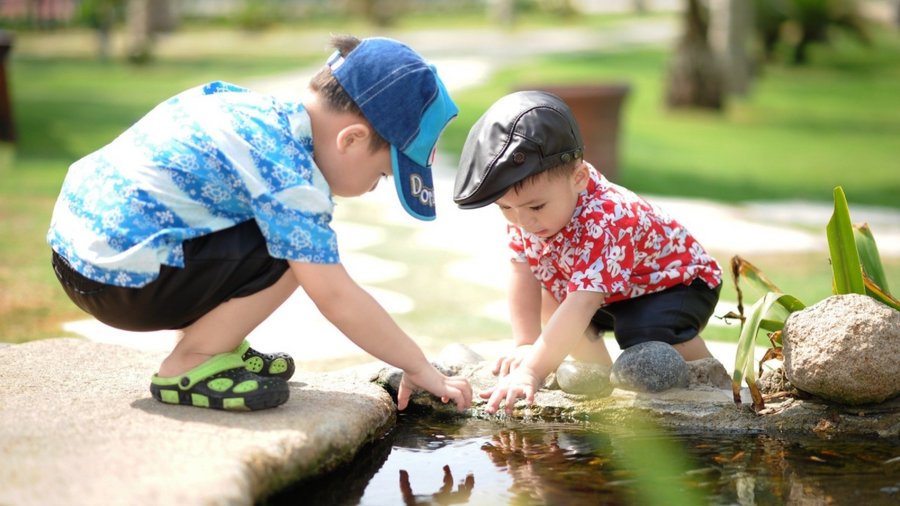Experts from around the world come together to share best practices around holistic approaches to education and climate change awareness
Salzburg Global Seminar’s Global Lessons on Greening School Grounds and Outdoor Learning program, part of the Parks for the Planet Forum, launched with a virtual gathering on November 17. The participants will collectively undertake a project to identify and disseminate successful approaches to school ground greening and outdoor learning from around the world.
The program aims for a collaborative approach to the concept and benefits of green school grounds through sharing information and examples, and also offering the opportunity for individuals to connect and see how others are working in a holistic manner to address issues around climate change and resilience, education, equity, and health.
The program will follow a schedule of six virtual sessions throughout 2022, which will focus on why there is a need for green school grounds, approaches and innovations, global barriers, geographic and climate considerations, research insight and gaps, and partners and advocacy needed for global implementation.
Culminating in an in-person meeting at Schloss Leopoldskron, home to Salzburg Global Seminar, in November 2022, the program’s online launch sessions – covering different time zones – brought together a wide range of professionals, with some outstanding case studies of green school ground projects that will provide inspiration and laid the foundation for the initiation of the project.
Greener school grounds will aid the construction of a more climate resilient school environment, while helping students to establish a personal connection with nature. The education, health, wellbeing and productivity benefits are all major impacts.
Case Studies
Participants of the two launch sessions were presented with four case studies.
The Irma Coulson P.S. Climate Ready School in Milton, Ontario, Canada is a first-of-its-kind pilot project from Evergreen, currently under construction.
This pilot is part of a plan to transform 6,000 Canadian schools, and the process involves contribution and participation from the entire school community. The design principles reflect community values, maximize site potential, respect the ecology of the landscape, and adopt a low-tech approach, with multiple benefits to include nurturing of child welfare, outdoor play and learning facilities, increased outside school hours and activities, and climate sensitive implementations including storm water management.
Another example came from Chile, where the not-for-profit Patio Vivo Fundación works to turn school grounds into “learning landscapes”, enabling children to grow up while playing, learning and interacting with nature in a green outdoor environment.
The organization has transformed 80 schools in the past few years, in a country where 54% of students have obesity and overweight problems. With the aims of promoting socioemotional skills, developing healthy habits and opening up access to green areas, the foundation employs an inclusive consultation, design and construction process that involves students and teachers, turning inhospitable school grounds into areas that regenerate nature and incorporate climate resilient features.
Learnscapes Planning and Design Australasia, another of the case studies put forward, has helped with the collaborative development of a learnscape – an environment designed for learning through experiential, engaging education that aids the development of life skills – in more than 400 schools in Australia.
Inspired by schools in Indonesia, which focus on sustainability in the development of green school grounds, real life learning and active play, Learnscapes helps to design greener school premises which work with and highlight biodiversity, with human welfare and ideals of sustainable environment at the forefront.
Vila Olímpica School in Barcelona, Spain was also presented. A project of the City Council of Barcelona, the school was transformed into a climate shelter, to help deal with the impact of increasingly intense heatwaves in the city.
Through a design process that saw all pupils contribute, awareness of the importance of climate change has been significantly increased. A cross-curricula project involving all levels of the school, its grounds have also been opened to the school district and wider community.
Following these examples, participants in the sessions discussed potential barriers to such initiatives across different geographical locations. A set of themes emerged, which will now be addressed in the forthcoming virtual sessions that will take place in 2022, with the aim of crafting an international agenda.
To find out more and how to join future programs, please contact Jennifer Dunn.


